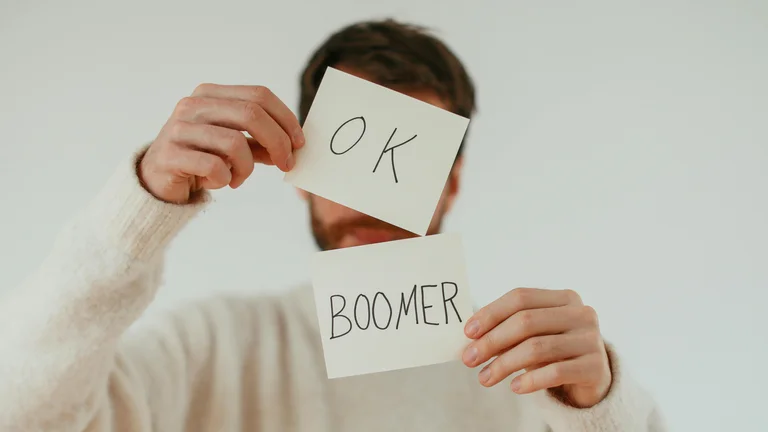Understanding Memes

Memes have transformed the way we communicate, particularly in entertainment. A meme is often an image, video, or piece of text that humorously conveys a cultural idea. They are highly shareable and circulate rapidly across social networks. Memes often draw on established cultural references, making them relatable to a wide audience. Over time, they evolve, reflecting changes in trends and societal attitudes.
The essence of a meme lies in its simplicity and shareability. By combining humor with recognizable elements, they create a sense of community among users, connecting people through shared experiences.
The Role of Memes in Pop Culture
In recent years, memes have woven themselves into the fabric of popular culture. They often reflect significant events, societal changes, and even political climates, allowing individuals to engage with the content in a meaningful way. Memes act as a cultural commentary, often highlighting issues in a lighthearted manner. Television shows, movies, and celebrities frequently find themselves at the mercy of meme culture, which can both bolster popularity and create backlash.
For instance, a popular television show may become a meme sensation, leading to increased viewership. The way memes can influence trends in the entertainment industry is profound. An offhand comment or facial expression from an actor can launch a thousand memes, becoming a phenomenon that shapes public perceptions.
Marketing and Memes
Businesses have recognized the potential of memes in marketing. Using humor in advertising can be effective in capturing attention and increasing engagement. A well-placed meme can go viral, extending a marketing campaign beyond traditional outlets. This approach creates a more relatable and human brand image, resonating with consumers.
Brands that embrace meme culture tend to engage younger audiences, who value authenticity and humor. This strategy can lead to increased brand loyalty and a more substantial online presence. However, brands must tread carefully, as meme missteps can result in backlash. Authenticity is crucial, and brands must align their messaging with the established narrative of the meme.
The Evolution of Memes
Memes are not static; they evolve over time. What starts as a simple joke can transform into a larger movement. New themes and styles emerge continually, shaped by current events and societal changes. For example, the rise of social media platforms has led to the emergence of short-form content, which fits perfectly into the meme format.
Additionally, as different generations interact with the internet, they bring their own influences. Gen Z, for instance, often creates layered memes that reference previous memes, forming a complex web of cultural references. This ongoing evolution keeps memes fresh and relevant, continually engaging audiences.
The Future of Memes
Looking ahead, the influence of memes in entertainment seems poised to grow. As technology advances, the methods of meme creation and sharing become more sophisticated. The rise of AI-generated content also presents new avenues for meme exploration.
In addition, as we see societal values shift, memes will likely reflect these changes. Issues such as mental health, climate change, and social justice have already begun to permeate meme culture, creating dialogue and awareness around these topics. The future may see memes taking on an even more significant role in shaping cultural discourse.
| Aspect | Description |
|---|---|
| Definition | A meme is a humorous cultural idea spread online via images, videos, or text. |
| Cultural Impact | Memes reflect societal values and shifts, often engaging with current events. |
| Marketing | Effective for engaging audiences, but requires authenticity to prevent backlash. |
| Evolution | Memes continually adapt, affected by generational influences and technological advancements. |
| Future Trends | Memes will continue to shape cultural discourse and reflect important social issues. |
FAQ
What is a meme?
A meme is an image, video, or text that humorously conveys a cultural idea, often spread and shared extensively online.
How do memes influence popular culture?
Memes reflect cultural shifts and societal changes, often providing commentary on events and trends in a relatable way.
Can brands use memes effectively in marketing?
Yes, memes can enhance brand engagement, but authenticity is crucial to avoid backlash.
How have memes evolved over time?
Memes continuously change with societal influences, creating new forms of humor and commentary.
What is the future of memes in entertainment?
Memes will likely grow in influence, reflecting societal changes and utilizing new technologies for creation and sharing.
Memes are a powerful force in entertainment, influencing cultural commentary and marketing strategies. They adapt to current events and societal trends, engaging audiences in relatable and humorous ways. As technology evolves, memes are set to play an even greater role in shaping public discourse and representation in popular culture.
Conclusion about The Power of Memes in Entertainment.